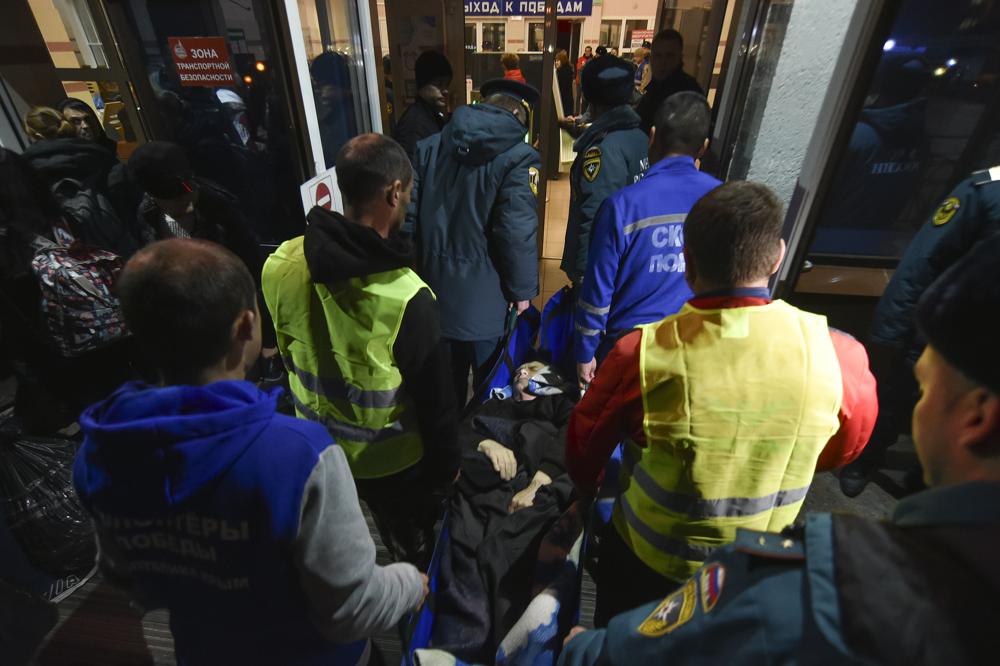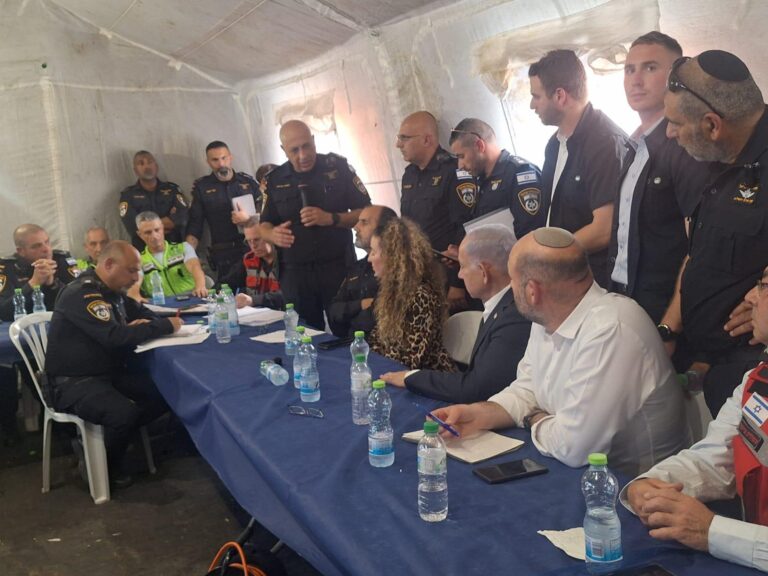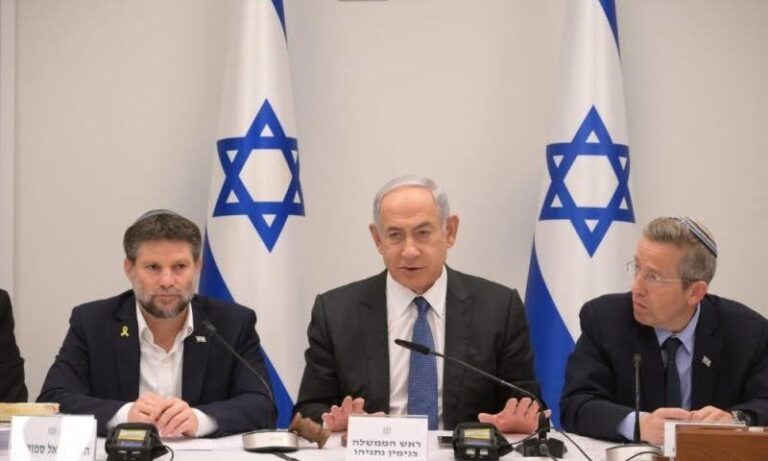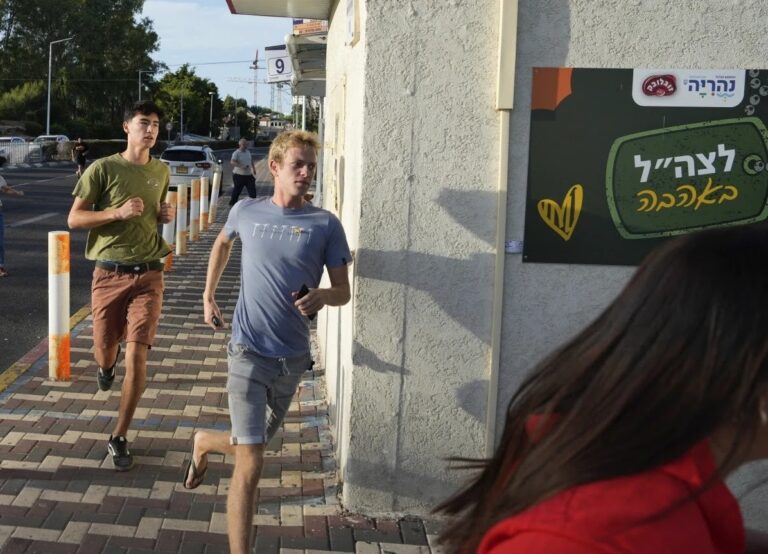The Russian Defense Ministry said Friday that it finished pulling out its troops from the western bank of the river that divide’s Ukraine’s southern Kherson region, including the only provincial capital that Moscow had captured since invading the neighboring country.
In a statement carried by Russian state news agencies, the ministry said the withdrawal was completed at 5 a.m. on Friday, and not a single unit of military equipment was left behind. The retreat nonetheless marks another huge setback for Russia in its 8 1/2-month war in Ukraine.
The Kremlin remained defiant Friday, insisting the development in no way represented an embarrassment for Russian President Vladimir Putin. Moscow continues to view the entire Kherson region as part of Russia, Kremlin spokesman Dmitry Peskov told reporters.
He added that the Kremlin doesn’t regret holding festivities just over a month ago to celebrate the illegal annexation of Kherson and three other occupied or partially occupied regions of Ukraine.
Shortly before the Russian announcement, the office of Ukrainian President Volodymyr Zelenskyy described the situation in the Kherson region as “difficult.” It reported Russian shelling of some of the villages and towns Ukrainian forces reclaimed in recent weeks during their counteroffensive in the Kherson region.
Ukrainian officials were wary of the Russian pullback announced this week, fearing their soldiers could get drawn into an ambush in Kherson city, which had a prewar population of 280,000. Military analysts also had predicted it would take Russia’s military at least a week to complete the troop withdrawal.
Ukrainian presidential adviser Mykhailo Podolyak said Thursday that the retreating Russian troops laid mines throughout Kherson to turn it into a “city of death.” He also predicted they would shell the city after relocating across the Dnieper River.
Having previously warned that the Russian retreat might be a trap, some quarters of the Ukrainian government barely disguised their glee at the pace of the withdrawal.
“The Russian army leaves the battlefields in a triathlon mode: steeplechase, broad jumping, swimming,” Andriy Yermak, a senior presidential adviser, tweeted. Social media videos apparently filmed by soldiers on routes toward Kherson showed villagers hugging the Ukrainian troops.
Recapturing the city could provide Ukraine a strong position from which to expand its southern counteroffensive to other Russian-occupied areas, potentially including Crimea, which Moscow seized in 2014.
From its forces new positions on the eastern bank, however, the Kremlin could try to escalate the war, which U.S. assessments showed may already have killed or wounded tens of thousands of civilians and hundreds of thousands of soldiers.
A Russian S-300 missile strike overnight killed six people in Mykolaiv, a city about 68 kilometers (42 miles) from Kherson’s regional capital, Zelenskyy’s office said Friday morning. Rescue crews sifted through the rubble of a five-story residential building in search of survivors.
Standing in front of what used to be his family’s apartment, Roman Mamontov, 16, awaited news about his missing mother.
Mamontov said he found “nothing there” when he opened an apartment door to look for his mother after the missile struck. Friday was her 34th birthday., the teenager said.
“My mind was blank at that moment. I thought it could not be true,” he said. “The cake she prepared for the celebration is still there.”
Zelenskyy called the missile strike “the terrorist state’s cynical response to our successes at the front.”
“Russia does not give up its despicable tactics. And we will not give up our struggle. The occupiers will be held to account for every crime against Ukraine and Ukrainians,” Zelenskyy said.
The president’s office said Russian drones, rockets and heavy artillery strikes across eight regions killed at least 14 civilians between Thursday morning and Friday morning.
In the Dnipropetrovsk region, over 50 rockets were fired overnight around cities and towns located across the Dnieper River from the Zaporizhzhia Nuclear Power Plant. according to Gov. Valentyn Reznichenko.
The state of the key Antonivskiy Bridge that links the western and eastern banks of the Dnieper in the Kherson region remained unclear Friday, and could be key in determining whether the Russians did in fact all leave Kherson city.
Russian media reports suggested the bridge was blown up following the Russian withdrawal; pro-Kremlin reporters posted footage of the bridge missing a large section. But Sergei Yeliseyev, a Russian-installed official in the Kherson region, told the Interfax news agency that “the Antonivskiy Bridge hasn’t been blown up, it’s in the same condition.”
(AP)











